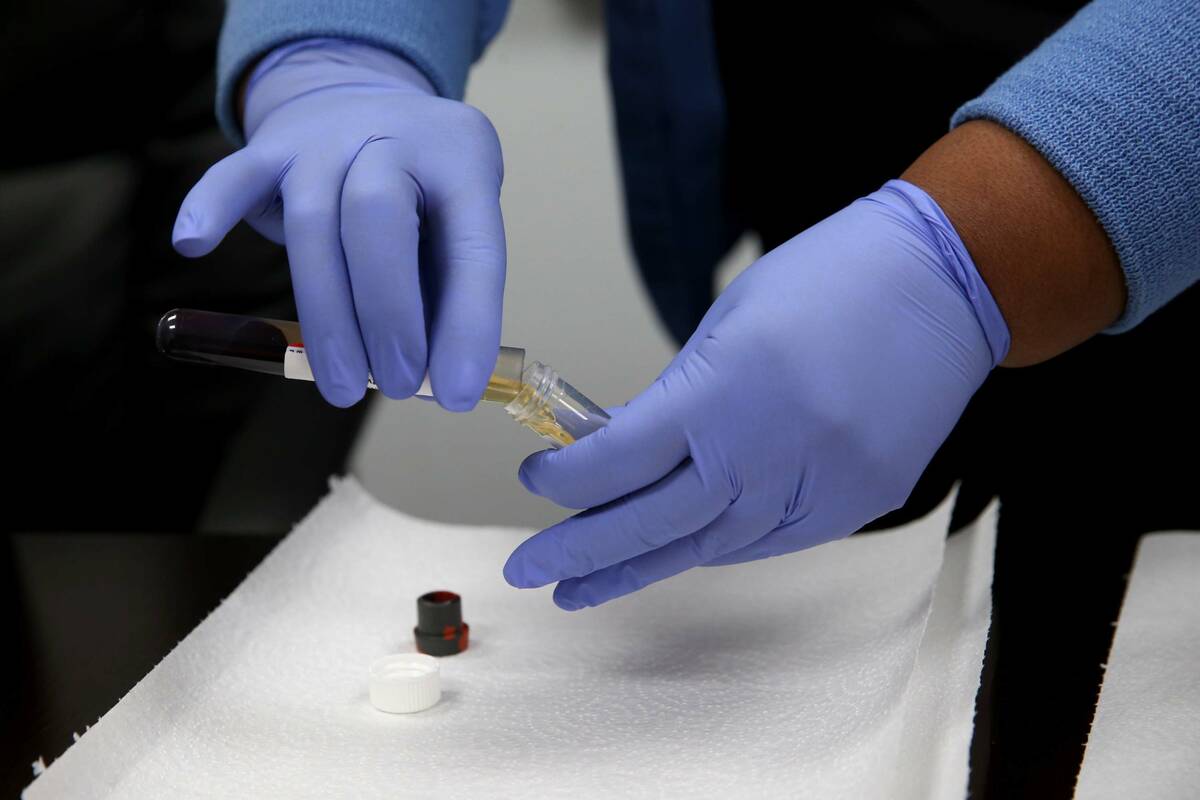Science smashes coronavirus conspiracy theories
Baseball legend Yogi Berra famously quipped about a 1973 pennant race, “It ain’t over till it’s over.” Berra’s oft-repeated observation couldn’t be more apt for the current public health crisis, as governors (Republican as well as Democrat) lead efforts to contain the nationwide devastation of the COVID-19 pandemic. Berra’s Mets did eventually come back to win the division title that year. The U.S., and the world, must take decisive, even unpopular steps, to ensure that the coronavirus doesn’t also make a huge comeback.
What might bring about that deadly — and economically debilitating — coronavirus comeback? One way is the spread of misinformed conspiracy theories that encourage undermining critical public health interventions. Public health experts, some conspiracists suggest, are propagating a huge “scam” and “hoax” on the American people. Even if they concede that the coronavirus pandemic is real (an idea still challenging for many conspiracists), they nevertheless argue that the recommendations of public health professionals are merely political weapons to sway the November presidential election.
These ideas are nonsense and dangerous — and scientists and medical professionals can tell us why.
Epidemiologists (medical scientists who study disease patterns) and infectious disease researchers on both sides of the political aisle have warned that the novel coronavirus is unusual — and especially dangerous — in at least two respects: the virus’s ability to be passed from an infected person who is not experiencing symptoms to others; and the average number of people a sick person infects with the virus., in other words, how easily the virus spreads from person to person. The U.S. Centers for Disease Control and Prevention has warned that the virus that causes COVID-19 is among the most contagious airborne viral pathogens ever investigated.
Why do these extreme traits of the coronavirus — as compared to other illnesses like the seasonal flu — underscore the need for admittedly extreme efforts to control the pandemic?
First, the fact that infected people who otherwise feel healthy can pass the virus to others thwarts typically effective means to identify and isolate those people who are contagious and spreading the disease.
Second, the contagiousness of the virus means explosive growth in the number of people who are infected each and every day if strict public health measures are not followed. Such exponential growth is staggering, and was evidenced by the daily doubling (or more) of the hospitalizations and deaths from the disease in places like Rome and New York City in March.
Without the shutdowns, social distancing protocols and quarantining efforts pleaded for by U.S. health experts, those doubling numbers would have continued unabated, and would have overwhelmed our medical professionals and hospitals. (Remember, such exponential growth means going from 800 to 102,400 cases per day in just one week.)
Thankfully, by listening to our health experts, the U.S. was able to “flatten the curve” of new cases (slowing the rate of transmission) in the short term. Yes, flattening the curve may extend its duration. However, as demonstrated by the variation in fatality rates according to geographic location and corresponding burdens on local medical resources, it is currently the best way to reduce fatalities, even if the ultimate number of infected is the same. It is only by continuing to listen to scientists and public health professionals — as many state governors are doing — and taking a slow, measured approach to the reopening of our society and economy that we can dampen this disaster and save lives in the months ahead.
What other evidence do we have of the absurdity of the conspiracies about our public health experts’ advice? Look no further than the similar measures being adopted by governments all over the world, including Denmark, Germany, Italy, India, Singapore and in scores of other countries around the globe.
Are these public health measures — some far more restrictive than those in the U.S. — also “scams” aimed at damaging the future political fortunes of their country’s leaders or political parties? Of course not.
And look at those, like the U.K., which started off with a laissez-faire approach, only to change course after seeing the true costs of their bravado. Thankfully, they too have listened to a consensus of world health experts and are working to minimize the damage of this global pandemic, informed by science and with an understanding that the coronavirus has no political ideology or affiliation.
Dr. Daniel C. Benyshek is a professor of medical anthropology and chair of the anthropology department at UNLV. He is also an adjunct professor, UNLV Medical School, and a proud Boulder City resident.





